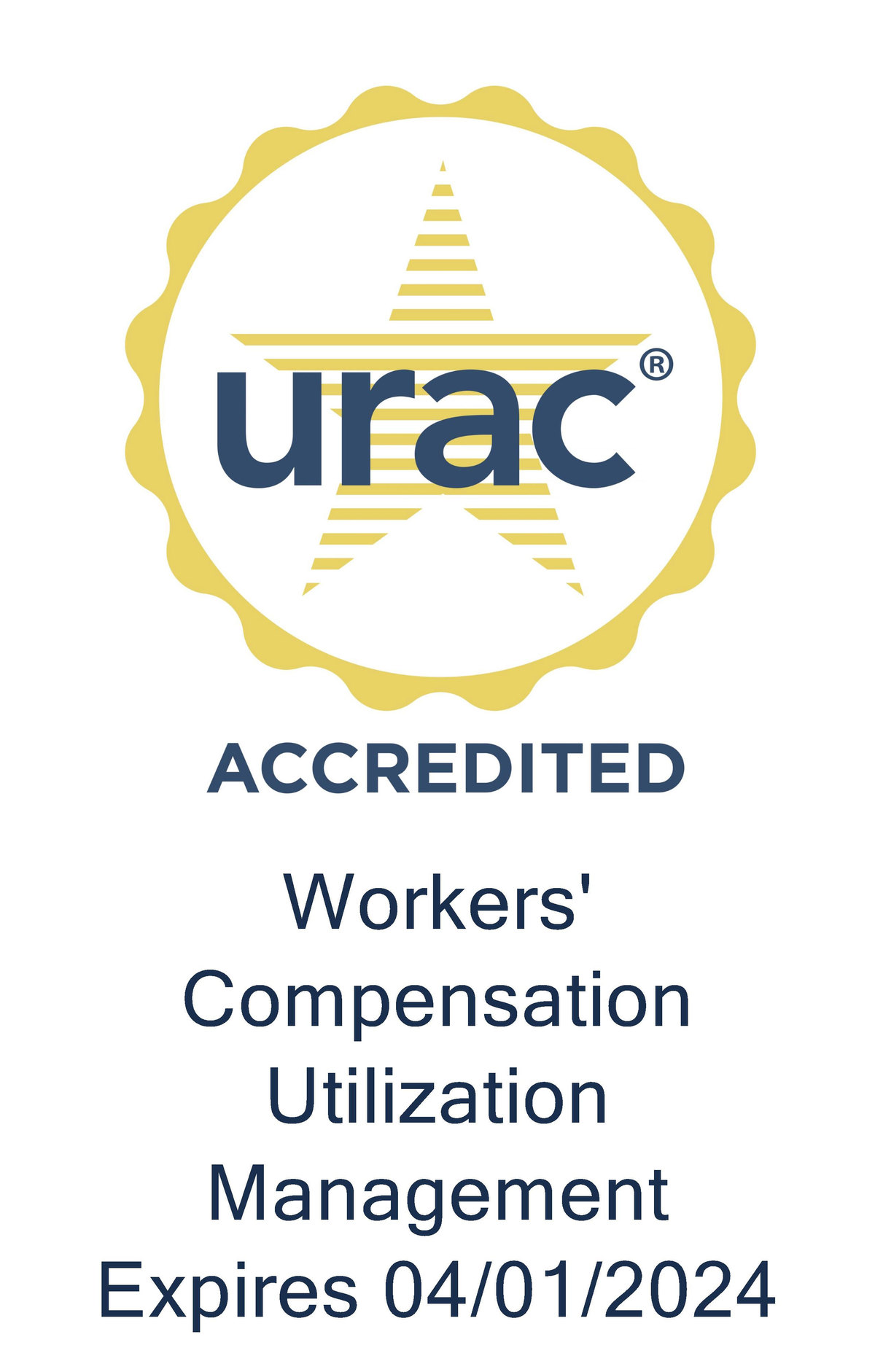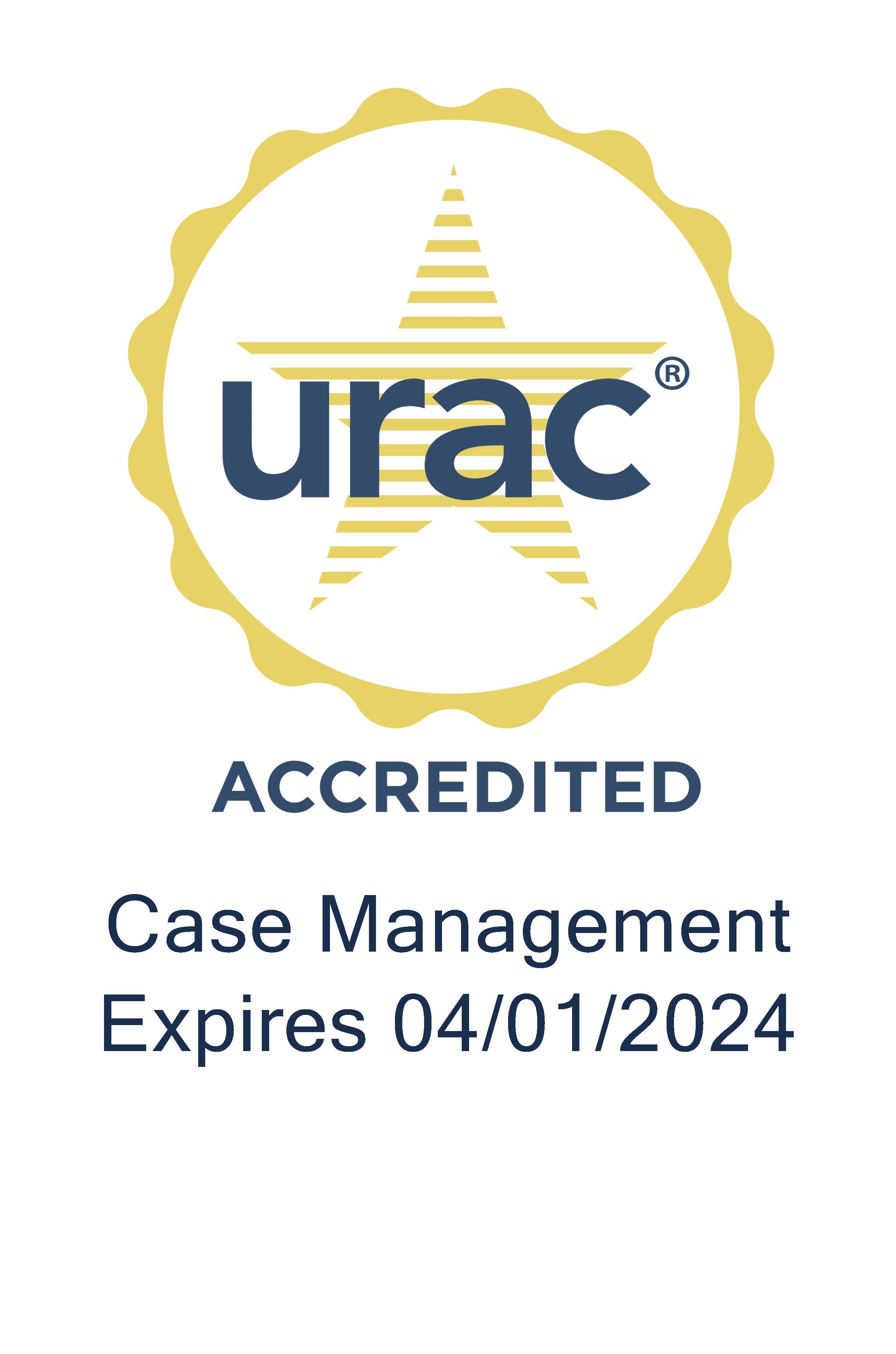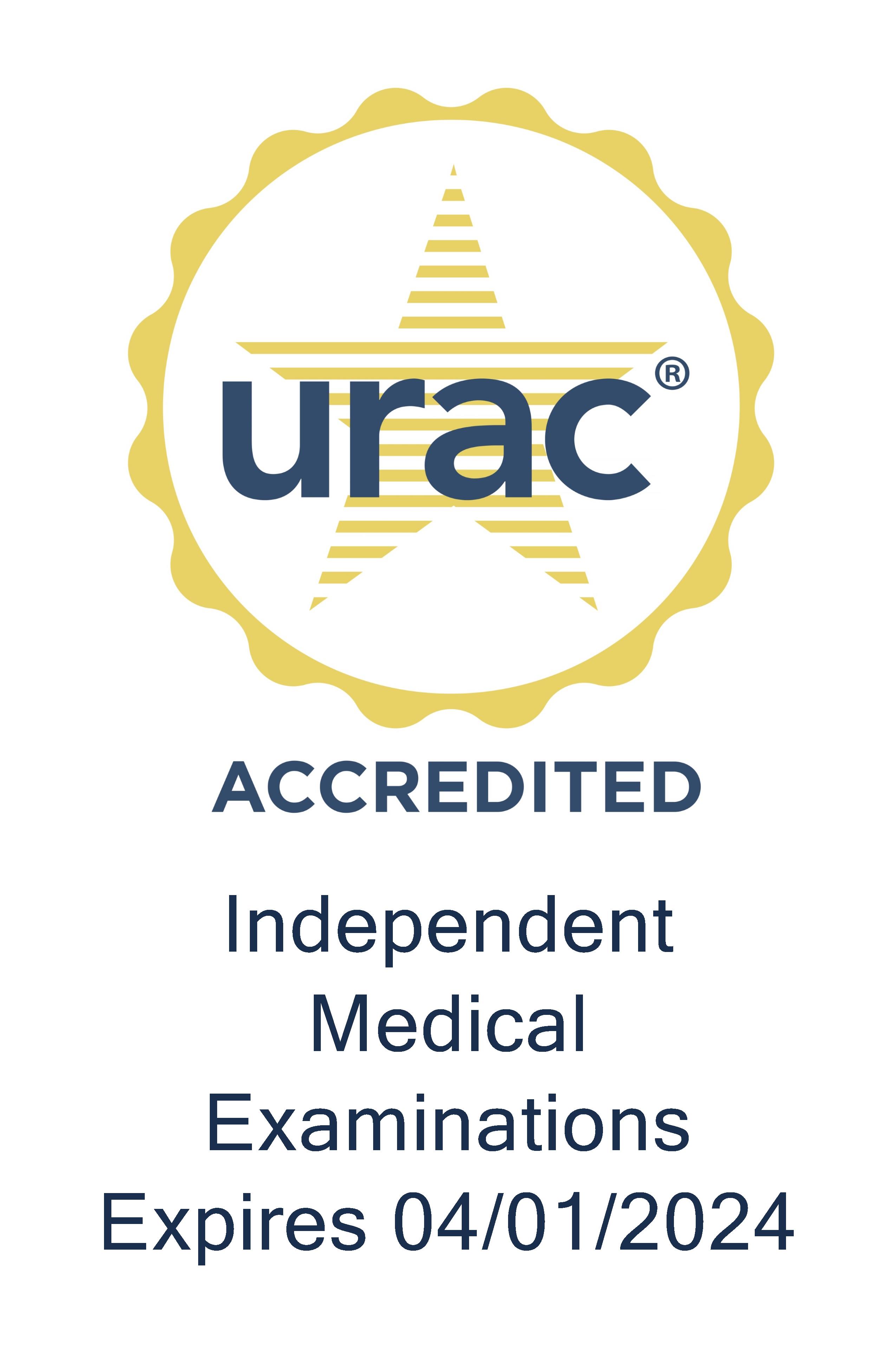Five Things You May Not Know About Your Case Manager
What I enjoy most about my job is sharing the important work of those whom I consider to be the life-changing forces of workers’ comp: nurse case managers. Still, it can be a challenge to tell these stories because case managers aren’t ones to brag about the incredible work they do. I’ve even found most nurses I know outside the industry don’t know what a case manager does. Considering there are more than 3 million nurses working in every facet of health care in the United States, it’s no surprise that this unique specialty isn’t as well-known as say, ER nursing.
That’s why it’s always refreshing to see these professionals get their due, especially during National Case Management Week (Oct. 13-19). So, I’d like to share with you five things you may not know about your case managers.
- They’re on the front lines of stopping opioid abuse. Case managers are experts in observation and follow best practice guidelines to help injured employees best manage pain. This is a critical role they play in ensuring other pain management protocols are being utilized and, if prescribed, opioid guidelines are being followed.
- They keep claims out of the courts. Trying to understand medical terminology and jargon, let alone workers’ compensation regulations, can be a nightmare for injured employees. That’s why case managers often help educate injured workers to allow them to take a more proactive role in their recovery. They’re available to answer questions about the injury and break down all options for healing. An empowered and respected injured worker is also unlikely to seek legal action. In fact, one study reports that use of case management can reduce claim litigation by 30 percent.
- They’re not afraid to get their hands dirty. Knowing the ins and outs of an injured employee’s job is critical to helping him or her return to work safely. This knowledge impacts everything from following an appropriate treatment protocol to developing light-duty options. That’s why most case managers visit the employee’s workplace so they can develop more accurate job descriptions and help guide treatment toward that goal. As one case manager says, “Most of our case managers have safety hats and boots in their car. They’re prepared for anything.”
- They’re best at earning the most valuable asset in workers’ comp: the injured employee’s trust. For nearly two decades, nursing has been rated as the “most trusting profession” in an annual Gallup poll. That attribute can mean everything to an injured employee struggling to navigate a complicated workers’ comp system. Case managers provide that critical connection to help guide injured workers toward their goals. So, when a case manager uses the introduction “I’m a nurse, I’m here to help,” most patients know they’re in good hands.
- They’re experts at stopping RTW delays in their tracks. The trusting relationship case managers develop with injured employees makes them more aware of issues outside of the injury that could delay return to work. This often includes uncovering psychosocial factors such as fear of job loss, income, potential disability and even post-traumatic stress from the injury itself.






